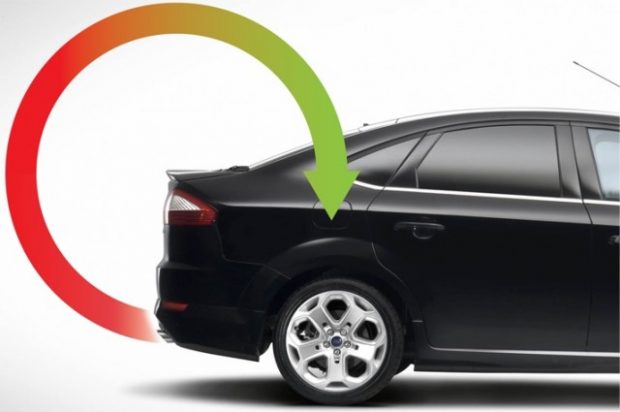The Government has unveiled controversial plans to ban pure petrol and diesel engined vehicles from UK roads by 2040.
It follows failure to meet European clean air legislation and a High Court decision that requires an environmental strategy to be put forward.
The plan was discussed before the general election but publication was delayed because of fears it would affect voting by people in particular areas of marginal seats.
Critics of the proposed ban say it will not help to cut current pollution levels in the short term where there are ‘hot-spots’ and that local councils will be expected to draw up schemes using central government finance, but which will distance Government from decisions which motorists see as attacking them.
There are also concerns it could adversely affect road safety if speed reduction road humps put in to slow traffic are removed to clean up air in urban areas.
The industry is already moving towards hybrid and pure electric vehicles and Toyota has announced its working on a new generation of high efficiency batteries with quicker recharging and longer range, so the planned ban may be out of date within ten years.
The Government’s plan does not yet include incentives for motorists to scrap diesel models, does not include rail or maritime transport and there is no mention of pollution controls on jet engines. The UK’s thriving historic vehicles industry could also be affected unless exemptions are introduced for classic vehicles.
It could also impact on investment plans for UK engine plants such as Ford Bridgend and Dagenham, Toyota Deeside, Nissan Sunderland, JLR Wolverhampton and BMW Hams Hall. Any investment in these is likely to be for production of combustion engines used as generators for hybrid powertrains in future models. There has been no statement from the Society of Motor Manufacturers and Traders.


